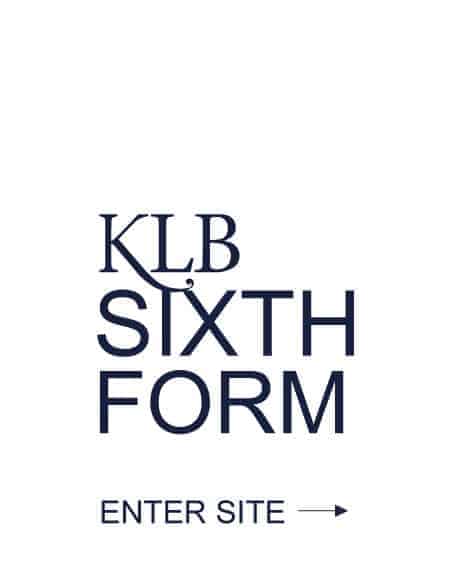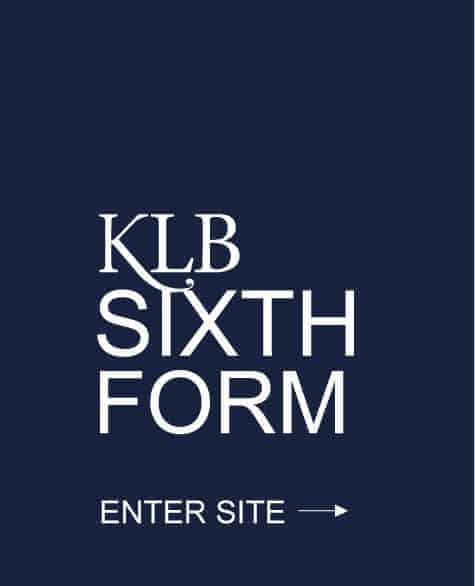Our Vision
PSHE is education that prepares for life today and tomorrow.
What we teach in the classroom will help our pupils foster lifelong aspirations, goals and values. It’s a chance to give every child and young person an equal opportunity to develop the skills and knowledge they need to thrive now and in the future.
This includes helping them to deal with critical issues they face every day such as friendships, emotional wellbeing and change. And giving them a solid foundation for whatever challenging opportunities lie ahead, so they can face a world full of uncertainty with hope.
From making informed decisions about alcohol to succeeding in their first job, PSHE education helps pupils prepare for all the opportunities, challenges, life decisions and responsibilities they’ll face.
This in turn achieves a ‘virtuous circle’, whereby pupils with better health and wellbeing can achieve better academically, and enjoy greater success.
Key Stage 3 – PSHE
In Year 7 PSHE will focus on transition and safety, developing skills and aspirations, diversity, health and puberty, building relationships and financial decisions.
In Year 8 PSHE will focus on Drugs and alcohol, community and careers, discrimination, emotional wellbeing, identity and relationships and digital literacy.
In Year 9 PSHE will focus on Peer influence, substance use and gangs, setting goals, respectful relationships, healthy relationships, intimate relationships and employability skills.
Key Stage 4 – Health, Wellbeing and Citizenship Education (HWC)
All students will follow a two year course, based on personal and economic health and wellbeing, structured as a rotation around these areas of study. Certain aspects of HWC will be delivered via tutor time and through assemblies. The KS4 curriculum draws upon the learning made at KS3, and further develops pupil’s understanding of the three themes by revisiting topic areas each year but having a different focus and depth suitable for KS4 and beyond.
Health and Wellbeing – Covering mental health, role models, risks of drugs and alcohol, dealing with stress and taking responsibility for health choices.
Living in the wider world – Covering the risks associated with gambling, healthy finances, preparation for work experience, understanding of college applications and wider skills.
Relationships – Covering sex education, managing relationship myths and expectations, managing the challenges of relationships including breakups, different families and parenting skills, managing grief and bereavement, tackling issues of domestic abuse and forced marriage and challenging extremism and radicalisation.
In HWC, career’s education is also taught by classroom teachers who deliver:
- Employability skills
- Contacting an employer
- Work experience aspirations and readiness for Work experience week (Wex)
- Health and Safety at work
- Post Work experience follow up and debrief
In addition to the above offering, the HWC curriculum also incorporates elements of ‘core’ RE within the rotations.
In Year 10 pupils study:
- Matters of life and death (ethics)
- Peace and Conflict
In Year 11 pupils study:
- Crime and Punishments
- Human Rights and Responsibilities


